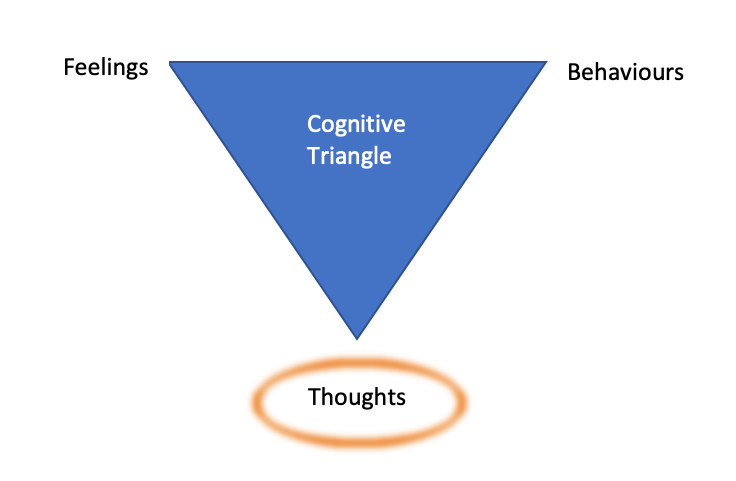Confidence isn’t a personality trait, you aren’t born confident, it is a learned behaviour. Therefore, even if you don’t feel confident, the good news is that you can do something about it.
Confidence may be related to competence, but it’s not the same thing. You can be very competent, but not have much confidence. Conversely, have you ever met someone who is very confident and is actually not that good at their job?
If you are good at what you do, it’s really worth telling yourself that – we don’t spend enough time giving ourselves credit for what we excel at. This is also something that is ingrained in British society, to be self-depreciating, so it’s worth recognising that too.
It’s also fine to be OK with not being competent at something. A confident stance on this would be that there are some things you are good at, whereas there are other areas where you don’t excel. You should not apologise for this. No one is going to be brilliant at everything. If someone asked you to do something and you are not competent at it, just say that this isn’t your area of expertise. You can choose then, whether you’d like to explore this as something you could learn for the future, but you can also tell yourself that this isn’t something that you’d like to get into. The choice is all yours.
Inner v outer confidence
Inner confidence refers to what you are feeling about yourself. Outer confidence is how you are perceived by people out in the world. The truth is that some of the time, most people don’t feel confident about a task, but they learn to use some tricks to cover this. Ever heard of ‘fake it til you make it’?
There are some tips that can help you appear confident, even when you’re not feeling it:
- Posture – avoiding hunched shoulders and slumping
- Speech – loud, clear, direct
- Appearance – smart, appropriate
- Mindfulness/ centring yourself.
Once you use these four tips, you’ll notice a difference to how you feel. This will help with your inner confidence.
How to grow in confidence
Here are some tips for taking your confidence to higher levels:
- Practice and prepare – for example if you have a presentation to do, or are going for an interview
- Try new things – be aware of your comfort zone, try baby steps to move outside of this
- Get feedback – give and receive
- People – choose to spend time with those that are on your side and that you trust
- Look after yourself – eat healthily and get appropriate exercise. Give yourself a break from time to time.
Controlling your thoughts
Cognitive Behavioural Coaching looks at the behaviour, feelings and thoughts of each person. See cognitive triangle below. Thoughts are easiest to control, so the advice is for the individual to try to review their own self-talk and to try to make it more positive.

In fact these thoughts are known as ‘negative automatic thoughts’ or NATs. Some common NATs are found below:
- All or nothing thinking
- Jumping to conclusions
- Over-generalisation
- Disqualifying the positive
- Catastrophising
- Should or must – using these critical words can make us feel guilty
- Personalisation – for example, ‘this is all my fault’.
There are some exercises that you can do with a coach here, one is called ‘thought chaining’, where the coach challenges you when you say that you can’t do something, with the question –‘Well, what if you could do x?’ and then going on to review what would happen if this was the case etc.
You might also like my blog on changing mindsets.
P.S. I help my clients with their confidence and if you’d like to work with me, do get in touch via my contact page.

